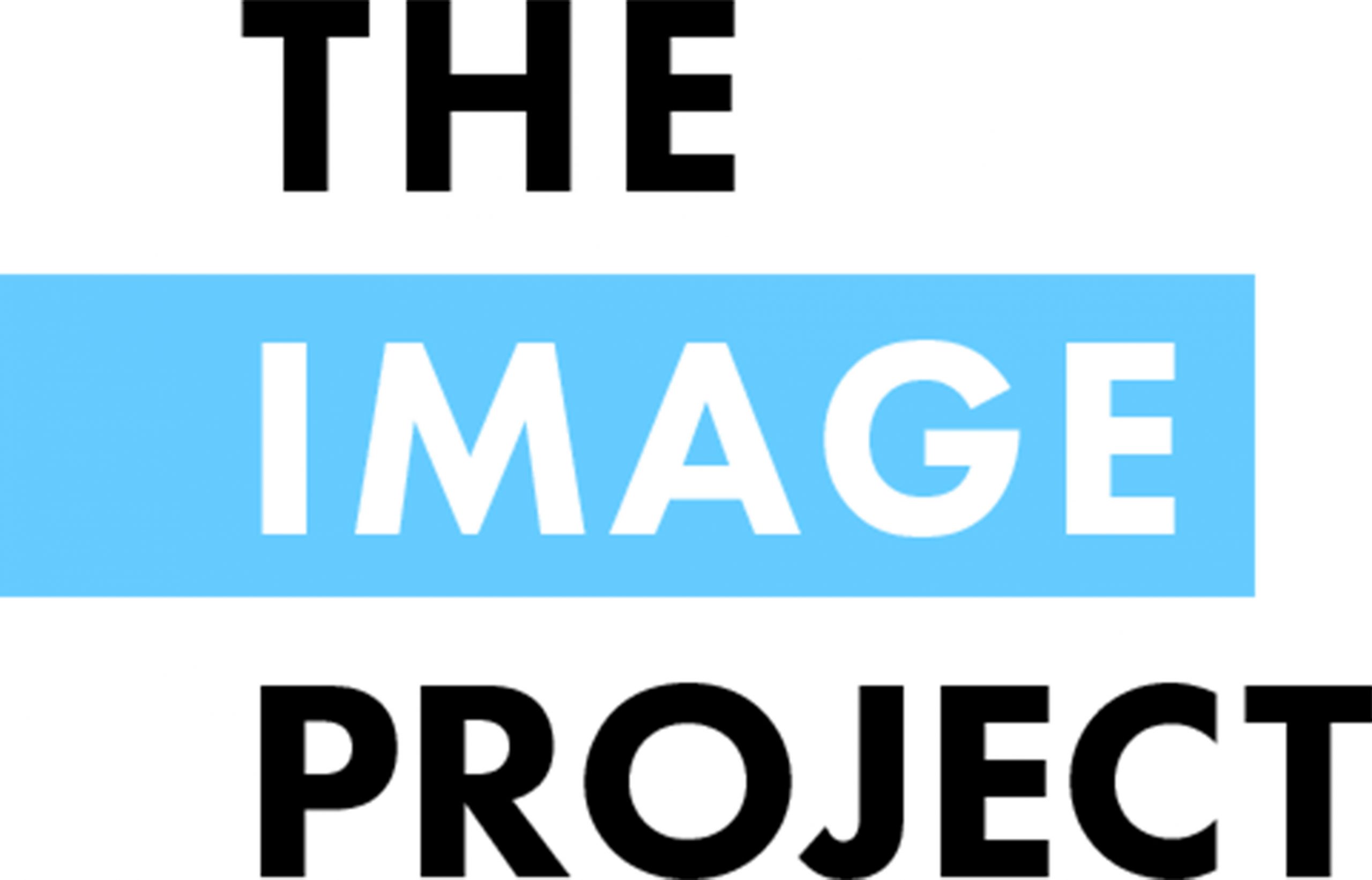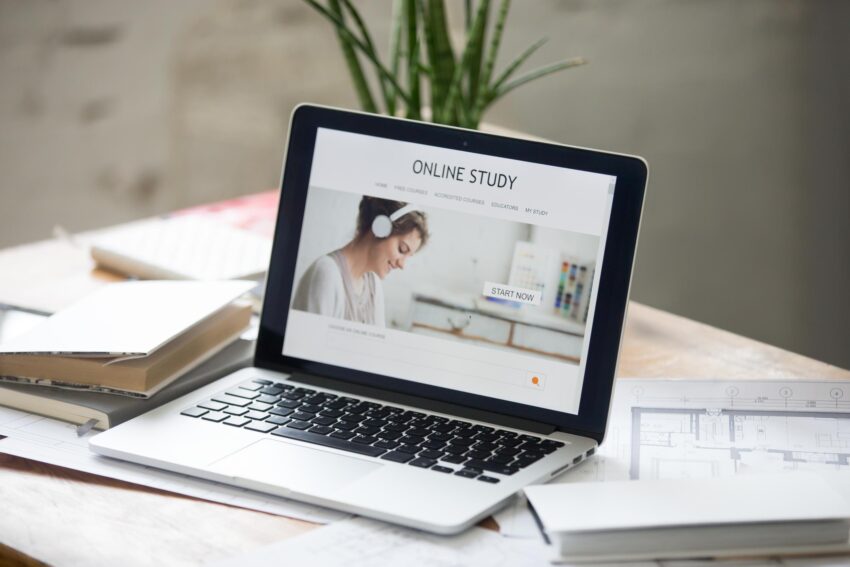Hi, I’m Rachael Maun, PhD student and researcher for IMAGE Autism. Since March of 2020 I have been doing all of my research from home and know how difficult this can be. I hope that you find the tips and articles included in this blogpost helpful!
If you want to take part in my research, there is more information on the project and a link to register your interest at the bottom of this post. I hope to hear from you!
The aim of this post is to summarise published guidance related to studying during the COVID-19 pandemic, with a focus on how this affects autistic university students. I will refer to a number of articles, websites and pieces of professional research, offering a summary of the advice given whilst also signposting to relevant literature.
Most of these resources are from the UK, but I hope that they are universally applicable. Also, there will be individual differences in how the pandemic has affected you, however I hope that this guidance will offer you an insight into the challenges of studying remotely during the COVID-19 pandemic, and suggestions of how these challenges can be effectively managed.
The unprecedented nature of the COVID-19 pandemic, which led to the closure of schools, colleges, universities and workplaces has left a lot of people feeling stressed, anxious and worried, with many people, students included, struggling with the changes in the way we work. This post is designed to help you manage your studies and get the relevant help if you need it.
Remember to look out for information from your university about how your course is being organised and what you need to do. This includes your disability support team who will be continuing to work and can help you navigate the university systems if necessary.
There are a number of key areas to consider when working from home, these include; mental health, accessibility to learning and reasonable adjustment, changes to exams and assessments, points of contact, managing change, creating a routine, creating an effective workspace, maintaining social contact and what to do if things go wrong. These areas will be summarised below.
Throughout the following sections I will refer to a document: ‘Studying during the COVID-19 (Coronavirus) pandemic: suggestions for autistic university students’ which was created by a group of autism practitioners, led by Harriet Cannon from the University of Leeds and Prof Nicola Martin from Southbank University, UK.
Mental Health
Your top priority should be to do whatever you need to do to maintain your mental and physical wellbeing. This may include;
• Keeping your environment, routine and your household as calm as possible
• Finding ways to manage stress
• Finding ways to stay on top of your studies
The current situation may be causing/increasing stress and anxiety. ‘Studying during the COVID-19 (Coronavirus) pandemic: suggestions for autistic university students’ offers advice on how to manage stress and anxiety, including; spending time on your interests, exercise, meditation, visiting parks, getting mental and physical health support and more. This information can be found on pages 6-9.
Dare UK offers suggestions for dealing with anxiety and uncertainty here.
Accessibility to Learning and Reasonable Adjustments
You need learning materials that are accessible to you and take into account your particular needs. This may mean;
• Access to a printer so you can print out hard copies of documents
• Being able to record online lectures
• Captions/subtitles of lectures
• Library books being delivered to you at home
If your learning materials are not accessible to you, talk with your disability advisor or your course team.

‘Studying during the COVID-19 (Coronavirus) pandemic: suggestions for autistic university students’ offers information on accessible learning and reasonable adjustments (pages 9-10) and how to contact your university if you need to (pages 15-17).
Changes to Exams and Assessments
Your university may have made changes to your assessment methods, this may include cancellations of exams. You should still continue studying as much as you can as there may be some form of online assessment or open book exam. Familiarise yourself with the new forms of assessment.
‘Studying during the COVID-19 (Coronavirus) pandemic: suggestions for autistic university students’ offers information on changes to exams and assessment on pages 12-13.
Points of Contact
You should be able to continue to engage with your usual support, even when you are not on campus. This may include support from a specialist mentor, a specialist study skills tutor or a disability advisor. Keep engaging with your usual support.
Managing Unpredictable Change
Managing unpredictable change can be challenging. It may also be challenging to transition back into ‘normal life’ once lockdown rules are relaxed. ‘Studying during the COVID-19 (Coronavirus) pandemic: suggestions for autistic university students’ offers advice on managing unpredictable change (pages 5-7), including; creating a routine, lowering your expectations and contacting university support if needed.
Autistica also offers advice on coping with the uncertainty of COVID-19 here.
Creating a Routine
Having a realistic routine can help you feel more in control of your situation. This routine should also include non-study activities such as meal times, exercise/leisure time and rest time. ‘Studying during the COVID-19 (Coronavirus) pandemic: suggestions for autistic university students’ offers advice on creating a routine on pages 10-11. You may also be able to talk to your university support for help with this.
Creating an Effective Workspace
A comfortable, ergonomically safe and minimally distracting workspace can be really helpful. ‘Studying during the COVID-19 (Coronavirus) pandemic: suggestions for autistic university students’ offers information on creating an effective workspace on pages 11-12. There is also a lot of online guidance for creating an effective workspace;

https://www.habitat.co.uk/blog/small-space-living/how-to-create-a-home-office-in-a-small-space/
https://www.law.ac.uk/resources/blog/how-to-create-the-perfect-home-office/
https://www.futurelearn.com/info/blog/how-to-set-up-a-home-office
Maintaining Social Contact
Although social distancing has been advised, and we are now in the midst of a second lockdown, social contact can still be achieved and this may help you feel better and study more effectively. Of course, social contact may make you feel tired or stressed, so do not feel that you have to engage with people socially if you do not feel like it. ‘Studying during the COVID-19 (Coronavirus) pandemic: suggestions for autistic university students’ offers guidance on maintaining social contact during lockdown on pages 13-14.
The University of Birmingham offers practical tips on dealing with self-isolation here. You may also find it helpful to share this information with other people that you live with.
A number of universities are now offering online socialisation through their student unions. Contact your student union if this is something you think you may be interested in.
What to Do if Things Go Wrong
If you are facing challenges with your studies, it is important that you try and resolve these using the usual support structures at your university. You can still access support when your university campus is closed.
If you are concerned that things may be going wrong, contact your disability advisor as soon as you can. They can help you resolve the issues and work with you to make a plan to move forward. ‘Studying during the COVID-19 (Coronavirus) pandemic: suggestions for autistic university students’ offers guidance on what to do if things go wrong on pages 14-17.
Summary
This is a challenging time, and it is normal to find aspects of your studies and your life more difficult. This pandemic will not last forever, and you will be able to return to more familiar ways of studying. In the meantime, the strategies in this post and the below articles, websites and pieces of professional writing may help you to manage the impact the pandemic is having on your studies and your wellbeing. Remember that you are not alone and that there is support available to you.
Main image: Business photo created by yanalya – www.freepik.com
Are you an Autistic Student or Graduate?
I am a 2nd year PhD student and researcher for the IMAGE project and would love your help! I am hoping to recruit a number of autistic students and graduates to participate in online workshops to inform my PhD project investigating participatory design with and for autistic adults.
Between October 2020 and October 2021 I will run a series of co-design workshops with autistic students and graduates. We want to learn about the experiences of autistic students around preparing for and finding employment, and design tools that can help during this journey. We also want to gain insight into how participatory design sessions can be improved to meet the needs of autistic adults.
Workshop participation is voluntary. All information we collect will be anonymised and we have gained ethical approval for this research.
If you would like to take part, please register your interest here.
If you have any questions, please email me at r.maun@leedsbeckett.ac.uk and I will send you more details. You can also contact my supervisor and the lead of the IMAGE project Dr. Marc Fabri at m.fabri@leedsbeckett.ac.uk
We hope that you would like to be involved.
Many thanks,
Rachael Maun, PhD & IMAGE Project Researcher, Leeds Beckett University, r.maun@leedsbeckett.ac.uk

